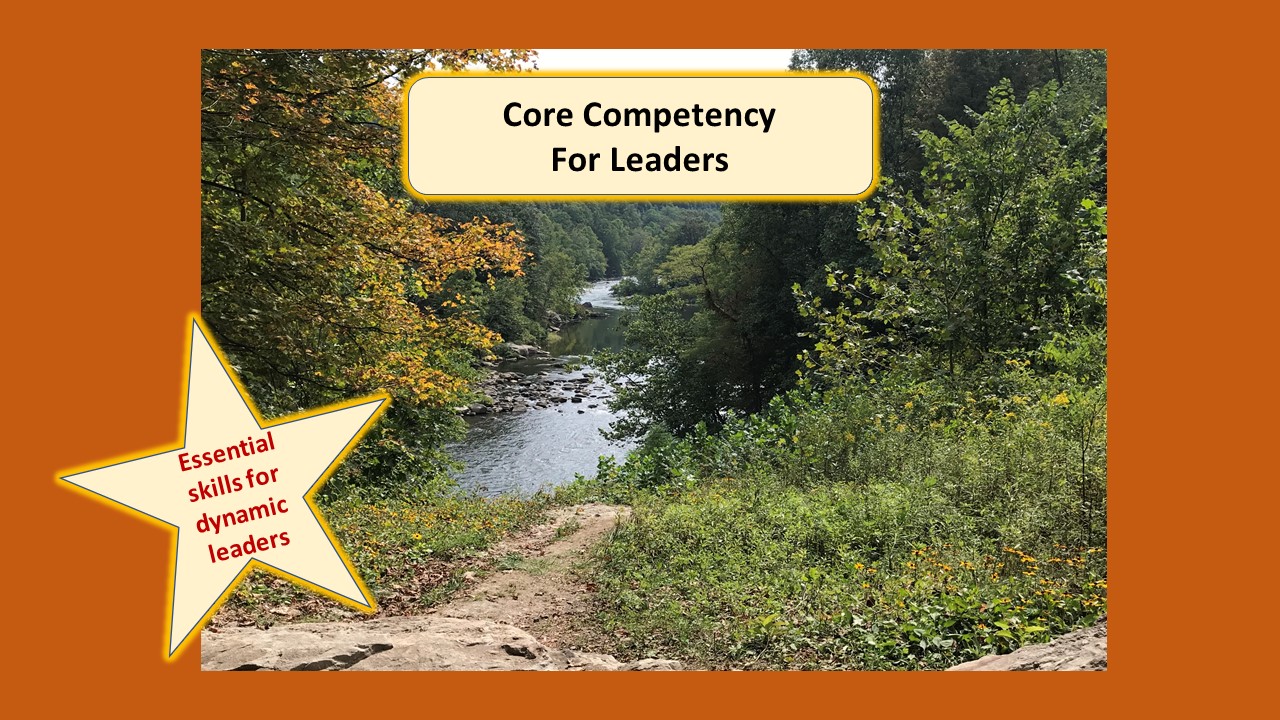By Thomas Davis, DNAP, MAE, CRNA
Follow @procrnatom on twitter
Core Competency: A defining capability that distinguishes an individual or a company from others. Mastery of an essential skill.
In the business world core competencies identify what an organization can do better than anyone else and why. Similarly, in healthcare, core competencies validate skills that healthcare providers have mastered; proficiencies that are necessary for the delivery of safe and reliable treatment to each patient. Likewise, effective leaders must master essential skills and competencies, and, as with professional proficiency, leadership expertise can be learned.
Leadership competencies are specific observable skills and behaviors that are necessary for motivating a team to accomplish goals in a manner that aligns with the company mission, vision, and values.
Throughout the healthcare industry, frontline leaders are often promoted to their position based on demonstrated clinical competency. Decision-makers in the chain of command assume that workers with exceptional clinical skills will also be great leaders, which may or may not be the case. Just as mastering core competencies is essential for excellence in clinical practice, mastering leadership competencies is essential for excellence for those who manage a team of workers. Gaining competency in the following areas will position you for success in your role as a team leader.
Skillful leaders have a vision. Develop the ability to formulate a picture for your workplace of the future by acknowledging where you currently are related to where you want to be. Look for areas where minor changes can produce large results moving you toward the workplace you envision. For example, in my personal experience, I visualize creating a preferred workplace, therefore, I am constantly seeking ways to promote collaboration, mutual respect, and professional development within the team.
Skillful leaders use communication to motivate. Communication is the transfer of ideas and highly effective leaders take this skill one step farther. They share information in an open and transparent way ensuring that the listener both receives knowledge AND is inspired to achieve the goal. Using good humor, warmth, and civility to create a sense of imperative as you communicate helps establish a can-do attitude within your team
Skillful leaders are fully committed. Meaningful change takes time and having the capacity for all-in commitment is both convincing and contagious. Anything less than a commitment to achieving the vision, regardless of the amount of time it takes to get there, will be viewed by your team as a passing fad. An all-in focus on achieving your vision for the team will inspire them to commit along with you.
Skillful leaders resolve conflict. When humans interact, occasional conflict is inevitable. The best leaders are not the ones living in a conflict-free zone. They are the ones who quickly and confidently address issues and achieve resolution. When faced with a disagreement, assemble all the parties, listen to all sides, and discuss behavior/agendas in terms of how the vision and greater goal of the group are affected. The best solutions involve compromise and align with the vision that the team is working to achieve.
Skillful leaders acknowledge and reward success. Whether the project is big or small, determine milestones and give recognition to those whose work was important in achieving them. Plan rewards for the entire team as well as for key individuals and take the time to celebrate. Public recognition of success is motivating and makes your team eager to take on the next project.
Skillful leaders display personal integrity. You cannot achieve your goal alone and the quickest way to kill support from your team is to compromise your integrity. Honesty, transparency, and fairness every day in every interaction establishes trust. Integrity is both a value and a skill that is foundational to leadership.
Superior leadership is more than wearing a title; it requires demonstrating core competencies, and also requires life-long learning to keep them current. The best leaders learn from every daily interaction, constantly honing their skills at establishing a vision, communicating a plan, motivating the team, and celebrating success. The workplace that you create for your team of tomorrow starts with the leadership skills you employ today.
Tom is an experienced leader, author, and requested speaker. Click here for a video introduction to Tom’s talk topics.
